 W
WAs an act of protest, occupation is a strategy often used by social movements and other forms of collective social action in order to squat and hold public and symbolic spaces, buildings, critical infrastructure such as entrances to train stations, shopping centers, university buildings, squares, and parks. Opposed to a military occupation which attempts to subdue a conquered country, a protest occupation is a means to resist the status quo and advocate a change in public policy. Occupation attempts to use space as an instrument in order to achieve political and economic change, and to construct counter-spaces in which protesters express their desire to participate in the production and re-imagination of urban space. Often, this is connected to the right to the city, which is the right to inhabit and be in the city as well as to redefine the city in ways that challenge the demands of capitalist accumulation. That is to make public spaces more valuable to the citizens in contrast to favoring the interests of corporate and financial capital.
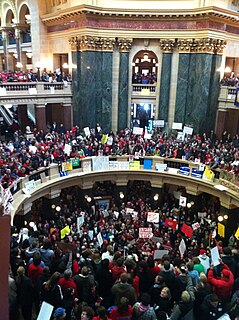 W
WThe 2011 Wisconsin protests were a series of demonstrations in the state of Wisconsin in the United States beginning in February involving at its zenith as many as 100,000 protesters opposing the 2011 Wisconsin Act 10, also called the "Wisconsin Budget Repair bill." Subsequently, anti-tax activists and other conservatives, including Tea Party advocates, launched small pockets of counter protests. The protests centered on the Wisconsin State Capitol in Madison, with satellite protests also occurring at other municipalities throughout the state. Demonstrations took place at various college campuses, including the University of Wisconsin–Madison and the University of Wisconsin–Milwaukee. After the collective bargaining bill was upheld by the Wisconsin Supreme Court on June 14, the number of protesters declined to about 1,000 within a couple days.
 W
WAs part of the Euromaidan movement, regional state administration (RSA) buildings in various oblasts (regions) of Ukraine were occupied by activists, starting on 23 January 2014.
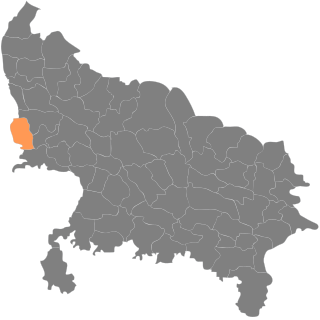 W
WThe 2016 Mathura clash occurred on 2 June, 2016, when 2 policemen and about 35 squatters were killed in an armed conflict at Jawahar Bagh public park in Mathura city in Uttar Pradesh, India.
 W
WThe Occupation of Alcatraz was a 19-month long protest when 89 American Indians and their supporters occupied Alcatraz Island. The protest was led by Richard Oakes, LaNada Means, and others, while John Trudell served as spokesman. The group lived on the island together until the protest was forcibly ended by the U.S. government.
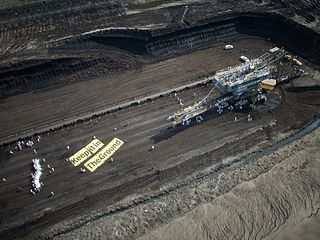 W
WEnde Gelände 2016 was a large civil disobedience protest movement in Germany to limit global warming through fossil fuel phase-out.
 W
WEnde Gelände 2017 was a large civil disobedience protest movement in Germany to limit global warming through fossil fuel phase-out.
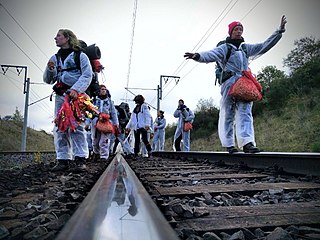 W
WEnde Gelände 2018 were a series of events of a mass movement for climate justice in the Rhenish lignite mining area in Germany. The non-violent direct action civil disobedience events were targeted against coal-based power generation through RWE Power AG and demanded the "immediate fossil fuel phase-out" based on climate justice and climate change mitigation.
 W
WEnde Gelände 2019 was a series of large-scale events of a movement for climate justice in Germany.
 W
WIn 2008, two attempts were made by separate groups involved in the Hawaiian sovereignty movement to occupy ʻIolani Palace, the home of the last two monarchs of the Hawaiian Kingdom in downtown Honolulu in the U.S. state of Hawaii.
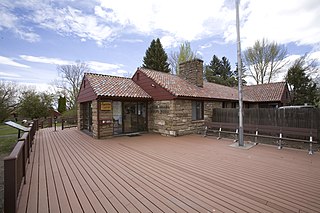 W
WOn January 2, 2016, an armed group of far-right extremists seized and occupied the headquarters of the Malheur National Wildlife Refuge in Harney County, Oregon, and continued to occupy it until law enforcement made a final arrest on February 11, 2016. Their leader was Ammon Bundy, who participated in the 2014 Bundy standoff at his father's Nevada ranch. Other members of the group were loosely affiliated with non-governmental militias and the sovereign citizen movement.
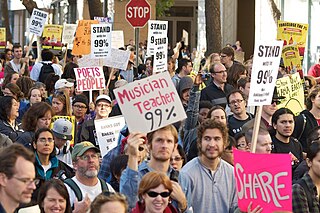 W
WOccupy Oakland refers to a collaboration and series of demonstrations in Oakland, California that started in October 2011. As part of the Occupy movement, protestors have staged occupations, most notably at Frank H. Ogawa Plaza in front of Oakland City Hall.
 W
WThe Poor People's Campaign, or Poor People's March on Washington, was a 1968 effort to gain economic justice for poor people in the United States. It was organized by Martin Luther King Jr. and the Southern Christian Leadership Conference (SCLC), and carried out under the leadership of Ralph Abernathy in the wake of King's assassination in April 1968.
 W
WThe storming of the United States Capitol was a riot and violent attack against the 117th United States Congress at the U.S. Capitol on January 6, 2021. Part of the 2020–21 U.S. election protests, it was carried out by a mob of supporters of Donald Trump, the 45th U.S. president, in a failed attempt to overturn his defeat in the 2020 presidential election. The Capitol was placed under lockdown while lawmakers were evacuated. Five people died from the event, while more than 140 were injured.
 W
WThe Strax affair was a sequence of events at the University of New Brunswick (UNB) in Fredericton in 1968 and 1969. It began in September 1968 when the university president suspended Norman Strax, a young physics professor, after Strax led protests in the university library against the introduction of photo ID cards. The suspension, and UNB's subsequent legal proceedings against Strax, led to the institution's being censured by the Canadian Association of University Teachers. Other components of the affair were the lengthy occupation of Strax's former office by his supporters and the jailing of a student for an article that appeared in the student newspaper questioning the objectivity of the New Brunswick legal system. The formal lifting of the CAUT censure in September 1969 brought the Strax affair to an end.
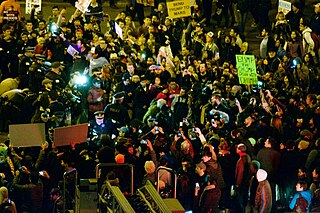 W
WOn March 11, 2016, the Donald Trump presidential campaign canceled a planned rally at the University of Illinois at Chicago (UIC), in Chicago, Illinois, citing "growing safety concerns" due to the presence of thousands of protesters inside and outside his rally.
 W
WUmbrella Square, also called Umbrella Plaza, describes a large roadway in Admiralty, Hong Kong occupied by protesters during the Umbrella Movement protests in September 2014. On 11 December 2014, after 74 days of occupation, the area was cleared by the police and reopened to motorised traffic.
 W
WThe Wounded Knee Occupation began on February 27, 1973, when approximately 200 Oglala Lakota and followers of the American Indian Movement (AIM) seized and occupied the town of Wounded Knee, South Dakota, on the Pine Ridge Indian Reservation. Paul Manhart S.J. and ten other residents of the area were apprehended at gunpoint and taken hostage. The protest followed the failure of an effort of the Oglala Sioux Civil Rights Organization (OSCRO) to impeach tribal president Richard Wilson, whom they accused of corruption and abuse of opponents. Additionally, protesters criticized the United States government's failure to fulfill treaties with Native American people and demanded the reopening of treaty negotiations to hopefully arrive at fair and equitable treatment of Native Americans.